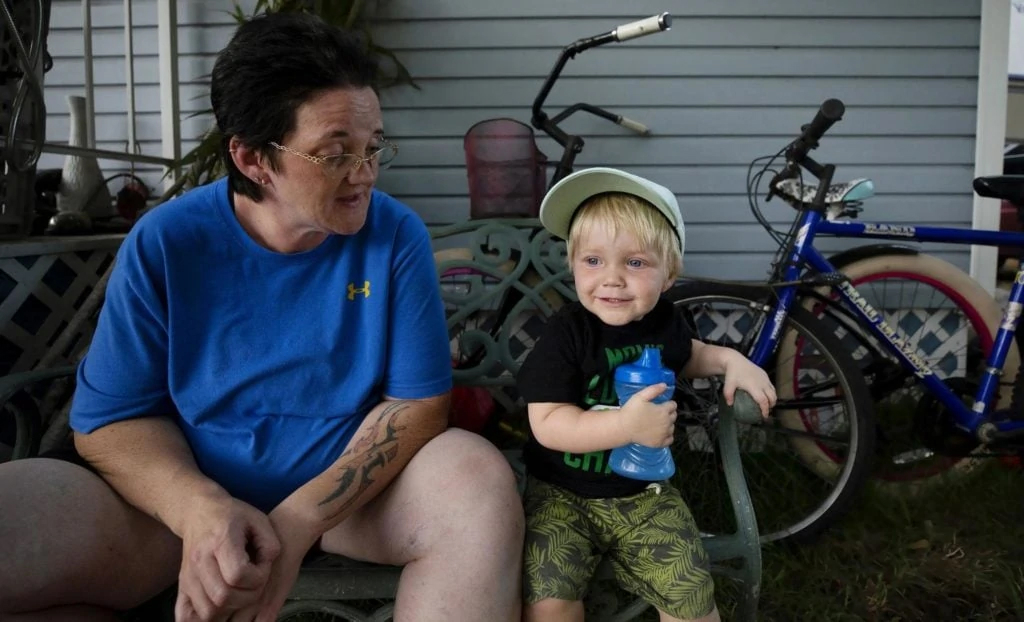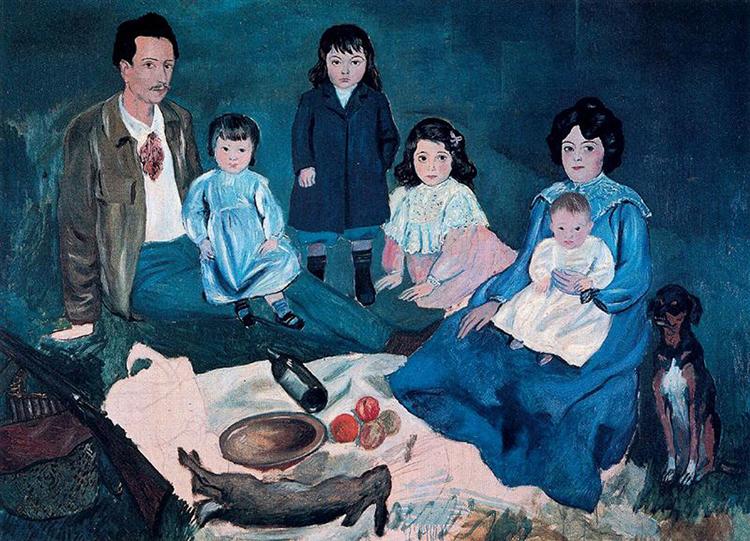We must wrest our families back from our decadent overlords.
Intact Families Shouldn’t Be Covid Casualties

Florida shows how to help parents bounce back before government takes their kids away.
The kids are not alright. Even as vaccines roll out, children aren’t just missing soccer seasons and play dates—they’re falling behind developmentally and academically, to staggeringly negative effect. Our youngest generation is on the verge of a mental health and educational crisis unlike anything in American history.
Emergency rooms have seen a 24 percent rise in mental health-related visits from children ages 5 to 11 compared to 2019, and a 31 percent jump for children ages 12 to 17. Millions of students have missed school since March, while others struggle to learn at kitchen tables on borrowed computers and smartphones. Teenagers are dropping out of school to support their families.
The grinding quarantine of our children has also taken a toll on their parents. Isolated without a support system, parents are stressed, losing patience, struggling to cope, and overwhelmed by the burden of making ends meet. They are slowly unravelling into the worst versions of themselves, and it’s affecting their ability to care for their children.
A June report from the Centers for Disease Control and Prevention (CDC) stated that now nearly half—40 percent—of U.S. adults reported struggling with mental illness or substance abuse. The Boston University School of Public Health suggests COVID-19 has tripled the depression rate.
When parents suffer, their children suffer. If we want to improve conditions for America’s children, we have to help their parents, and we can’t wait for government social workers to solve the problem. The pandemic has starkly revealed government’s woeful inability to run schools, let alone address core issues. In times of crisis, the government shows up once a child is grievously hurt or parents have hit rock bottom—and by then it’s too late.
People themselves, through their communities and civic organizations, must cobble together solutions to this massive failure of government to fulfill its ostensible mission of maintaining basic institutions. Indeed, private organizations are on the front lines of this crisis, adapting quickly to support parents who are barely holding it together. Better Together, in southwest Florida, is a voluntary alternative to foster care that has provided safe temporary homes for more than 3,000 children while helping parents find jobs, permanent housing, childcare, and treatment. Nearly all—98 percent—of the children whom Better Together serves are able to reunite with their parents within 41 days.
Better Together doesn’t give families what it thinks they need; it listens and provides the support that best serves the unique needs of each family. In addition to hosting children, Better Together offers budgeting and relationship advice, employer introductions, babysitting while parents go on job interviews, and more. These opportunities give parents the space needed to make small changes that, over time, often change the trajectory of a whole generation.
One of these parents is Victoria, a single mother of three young children, ages 4, 5, and 7. She lost her job and home due to COVID-19. She and her children were staying in hotels and running out of money. She struggled to school her children virtually and was crumbling under enormous stress.
Through Better Together’s efforts, a host family was able to watch Victoria’s children for 60 days while she obtained a job, secured housing, and received counseling. Because Better Together is privately funded, Victoria trusted the group without fear of losing her children. The group helped Victoria in a critical window of opportunity before her life spiraled to the point where the social services system would have removed her children.
Community-driven private charities are a proven model for early intervention because they are local and have a sense of urgency, flexibility, and speed. Foster care could have failed Victoria, but her neighbors didn’t.
Better Together’s partnership with Florida can serve as an example for other states and localities to follow. Our state had the courage to embrace private, volunteer-driven charity models they can’t control, but can trust.
We need to replicate this model everywhere, quickly. Government does not have the ability to treat the root causes of messy and complicated family problems—and its track record has only gotten worse since the pandemic began. Our kids need our help, and it’s our responsibility to step up to the plate at the community level. We cannot fail them.
Photo courtesy of Better Together
The American Mind presents a range of perspectives. Views are writers’ own and do not necessarily represent those of The Claremont Institute.
The American Mind is a publication of the Claremont Institute, a non-profit 501(c)(3) organization, dedicated to restoring the principles of the American Founding to their rightful, preeminent authority in our national life. Interested in supporting our work? Gifts to the Claremont Institute are tax-deductible.
Without stronger kin, the American way grows fatally weak.
Life won’t wait. Neither will babies.



